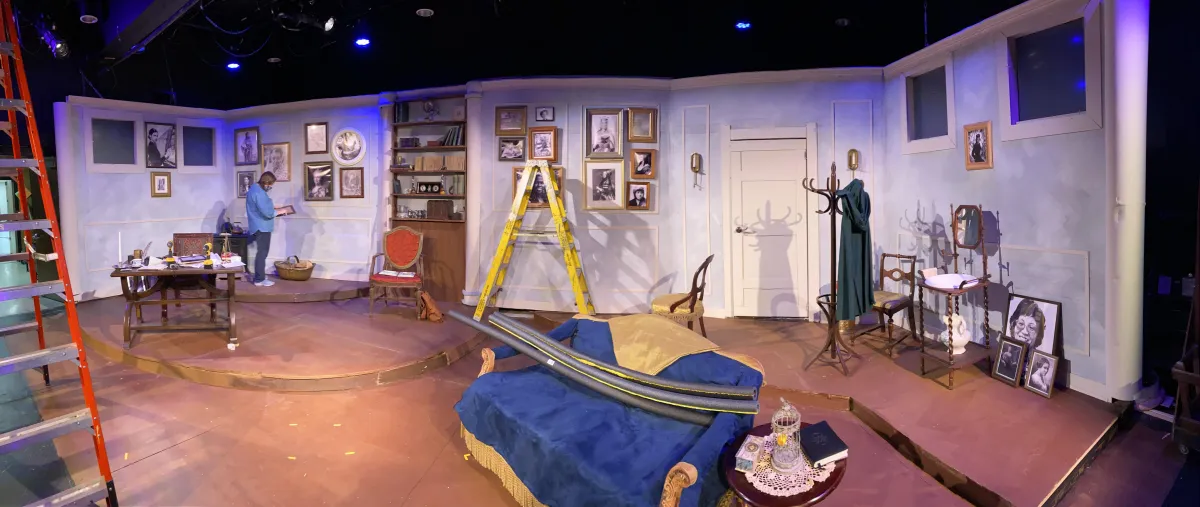
From Black Box to Big World: A Theater Teacher’s Real Talk on Career Pathway
Let’s talk about theater as the gateway drug. Not just to performance, but to an entire spiral of career; film, design, museums, theme parks, medical simulation, trauma response training, even engineering. It starts with one stage... and suddenly, students are discovering fields they didn’t even know existed.
When people ask how I got into technical theater, I wish I had a flashy story. But the truth is, it started with a Girl Scout Gold Award project. I wasn’t even a Girl Scout when I joined the troupe that needed help, but I became one, for life. To avoid shopping one afternoon (I hated trying on clothes), I joined a theater group for girls started by a Senior Scout who was working on her Gold Award. Over the course of the other person’s project, I learned all about theater. I didn’t even realize it was tech theater. I just liked making things happen behind the scenes. I found my vocation.
My first job out of college was a teaching fellowship, a two-year placement that got me into the classroom. But after that, I went full freelance, bouncing from theater to theater, taking on professional gigs, learning as I went. Eventually, I landed my dream job: a high school theater position where I get to be the person I needed when I was a kid.
There’s a misconception that theater teachers are just keeping the drama club alive. But we’re running full-scale productions with part-time support and full-time passion. We’re fundraising while grading. Coaching while painting flats. Sometimes we’re the only people in the building who know the possibilities available to our students, but we keep that ghost light lit in front of them so they don’t fall off the edge in the dark.
And let’s talk about where our students end up.
I have students who are working in professional theater as stage managers, designers, actors, managers, and audio engineers. I have others who went into lighting and sound for mega churches, and some who pursued careers as plumbers, electricians, and carpenters, skills they first explored through tech theater. I spent time building museum exhibits, and some of my former stage management students are now archivists and historians.
It all started with falling in love with theater.
As educators, we owe it to our students to make those connections visible. That means reaching beyond our zip codes. Not just inviting in the local colleges, but connecting with programs across the country, the ones an hour away, five states away, in industries they haven’t heard of yet. Let’s show them the full map of what’s possible.
Because we’re not just building sets. We’re building bridges.
This blog isn’t about glamorizing burnout or hustling harder. It’s about validating the craft. It’s about saying: you are not alone, and your work is worthy, even if you’re the only one who knows how to hang a blackout curtain or fix a jammed drill in the middle of tech week.
Stay tuned for part two, where we dig into how student ownership in tech spaces can save your energy, build community, and actually teach.
Until then, remember: Theater is not just a class. It’s a launch pad.
Want to be a part of our community? Join us on Facebook at Backstage AIC, and visit backstageaic.com for resources.